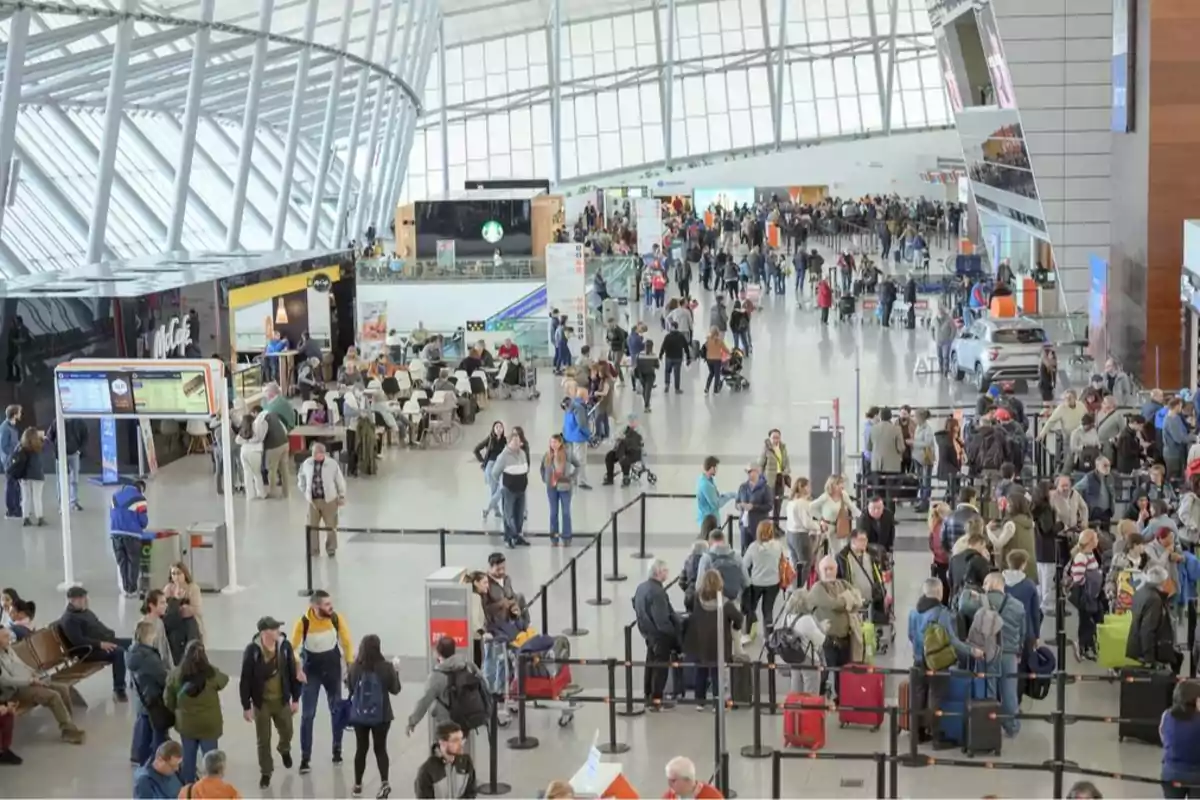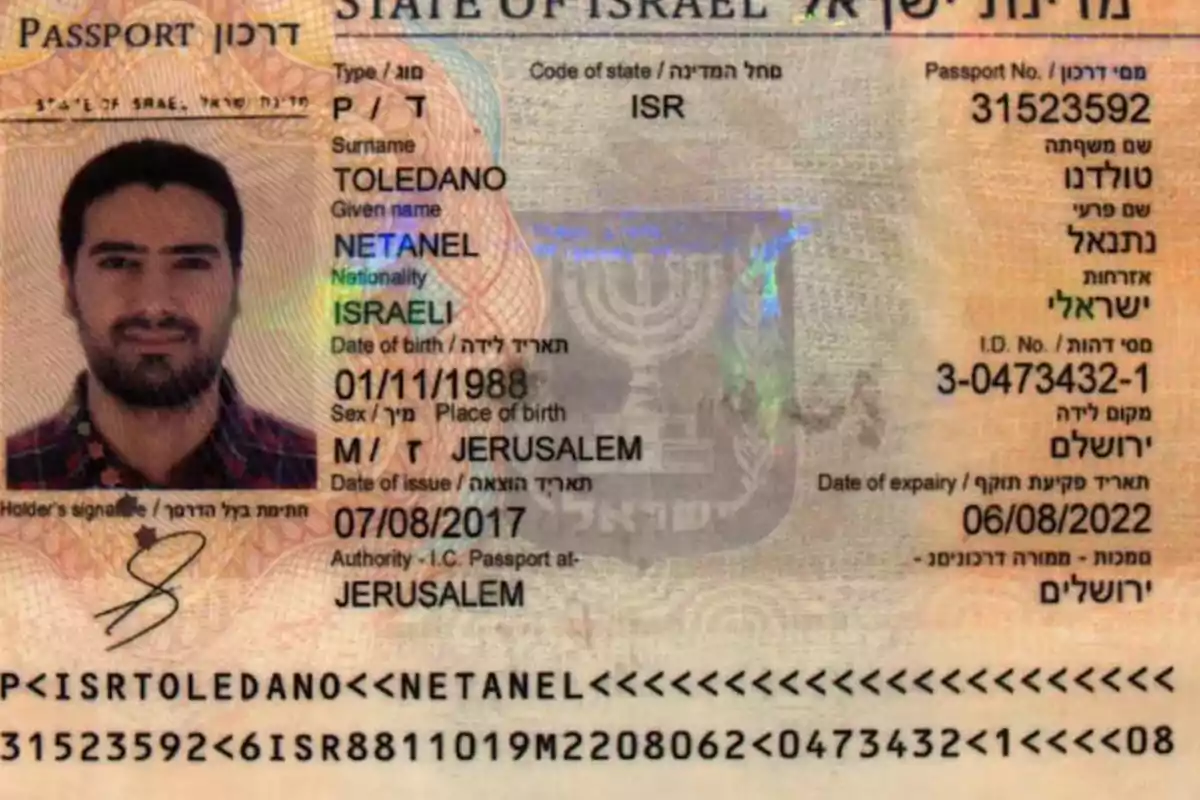
Uruguay: a sieve in security that demonstrates the authorities' ineffectiveness
Organized crime roams freely
In an alarming display of institutional ineptitude, an Iranian citizen walked across the border between Uruguay and Brazil at Rivera-Livramento, boarded a bus bound for Montevideo without anyone questioning him, and passed through Carrasco International Airport with a fake Israeli passport, boarding a flight to El Salvador.
It was not until Salvadoran authorities, apparently more alert than their Uruguayan counterparts, detected the fraudulent document and sent him back that the local security system finally reacted. The official response? A shrug and the assertion that the individual "has no links to terrorist organizations." This is not just incompetence; it is a damning indictment of a system so porous that it invites catastrophe.
The incident, which occurred in July of this year, exposes a chilling reality: Uruguay's borders and airports are open access for anyone with dubious intentions. The individual, whose identity is barely detailed in official reports, crossed one of the country's busiest border points without anyone paying attention to him.
You may also be interested in...
He then traveled 311 miles (500 kilometers) to the capital, undisturbed, before strolling through an international airport with a passport so clearly fake that Salvadoran authorities detected it immediately. Only upon being forcibly returned to Carrasco was he detained and later sentenced to prison for using a false document. But the damage was already done: a relentless spotlight on the collapse of Uruguay's security system.

The government's attempt to downplay the incident is as outrageous as it is predictable. Mario Layera, head of the State Strategic Intelligence Secretariat, offered the lukewarm assurance that there is no evidence linking the individual to groups such as Hezbollah. This misses the central point. In a world of heightened geopolitical tensions, with Iran and Israel in a volatile standoff, the mere fact that an Iranian citizen carries a fake Israeli passport should trigger every alarm in the system. Does Uruguay need to wait for irrefutable proof—or something worse—to take its borders seriously?
You may also be interested in...
This is not an isolated slip. The Rivera-Livramento border has long been a sieve, known for its scant surveillance. But the rot goes beyond the border. Carrasco, promoted as a modern airport, did not detect a document that failed the screening in El Salvador. Where are the state-of-the-art scanners, the trained personnel, the minimum competence? The government's response—a half-hearted promise to "strengthen controls"—is an insult to a citizenry already battered by revelations of municipal mismanagement and fiscal collapse in places like Montevideo and Canelones. Uruguayan leaders, whether from the Partido Nacional or the Frente Amplio, seem content to govern a country where security is an afterthought.

From a hardline perspective, this is not just a mistake; it is a betrayal. Politicians of all stripes have traded vigilance for empty speeches about openness and inclusivity, leaving Uruguay vulnerable to exploitation. This is not about sowing fear, but about facing reality. A fake passport, particularly one linked to a nation as geopolitically charged as Israel, in the hands of an Iranian citizen, is a deafening alarm. The fact that it took another country to expose Uruguay's negligence is a humiliation. The system did not just fail: it was never designed to succeed.
You may also be interested in...
The way forward demands more than promises. Uruguay needs a complete overhaul of its border and airport security. Invest in technology that works. Train agents to do their jobs. Above all, adopt a mindset that places national security above political posturing. The alternative is grim: a country that remains an easy target, a back door for those who exploit weakness. Uruguay can't afford to be the weak link in the region. If this fiasco is not a wake-up call, the next one may come at a much higher cost.
More posts: